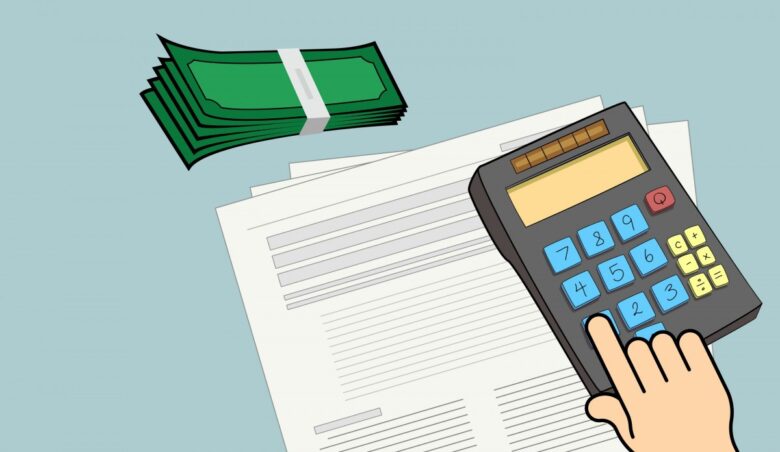The concept of selling a house shortly after acquisition may seem unconventional, yet life’s unpredictability can steer homeowners in this direction. Whether it’s a sudden job transfer or unforeseen financial challenges, the motives vary. However, quickly reselling a property isn’t straightforward—it’s a complex endeavor with many financial and legal layers. Let’s unravel the timeline of reselling a house post-purchase, and the factors that may impact this schedule.
Legal Constraints

Upon becoming a homeowner, you might encounter legal stipulations that define the earliest moment you can resell. Let’s delve into common legal frameworks and their implications.
Title Seasoning
Title seasoning refers to a designated waiting period before a homeowner can sell the property, often seen with FHA (Federal Housing Administration) and VA (Veterans Affairs) loans.
In an effort to deter fraudulent flipping activities, some lenders enforce a title seasoning period, typically stretching from 90 to 180 days from the date of purchase. While it may seem like a hurdle, adherence to this regulation is vital to evade legal issues and to maintain a favorable rapport with your lender.
Due-on-Sale Clause
A due-on-sale clause is a common feature in mortgage agreements, allowing the lender to demand full repayment upon the sale of the property.
This clause springs into action the moment you opt to sell, possibly requiring the complete repayment of the loan. There might be exceptions in some situations, making it wise to seek counsel from a real estate attorney to fully grasp the implications.
Financial Implications

Source: wecanmag.com
A swift resale can bring about substantial financial repercussions. Let’s dissect the monetary aspects involved. It’s notable that while the financial intricacies can be overwhelming, there are professional home buyers who can streamline the process. For instance, if you’re based in Michigan, some platforms offer a hassle-free experience in selling homes quickly, which could be a viable option amidst the financial factors discussed herein. One of these platforms is https://gordonbuyshomes.com/we-buy-houses-grand-rapids-michigan.
Capital Gains Tax
The capital gains tax could significantly dent your profits if you sell your home shortly after purchase.
Selling your primary residence after residing in it for at least two out of the previous five years may exempt you from capital gains tax. Yet, a rapid sale within a year or less could attract hefty capital gains tax, potentially diminishing your profits considerably.
Closing Costs and Home Equity

Source: cnn.com
Recuperating the closing costs from your initial purchase and accumulating home equity usually takes time.
Closing costs, which range from 2% to 5% of the home’s purchase price, may not be recovered if the house is sold quickly. Additionally, home equity accumulates over time with every mortgage payment. A rapid sale may result in a loss if the property value hasn’t appreciated adequately.
Conclusion
Treading the waters of real estate transactions shortly after a purchase necessitates a robust comprehension of the legal and financial realms. While certain situations may demand a hurried sale, being well-versed in these areas can aid in minimizing potential losses and legal obstacles.

